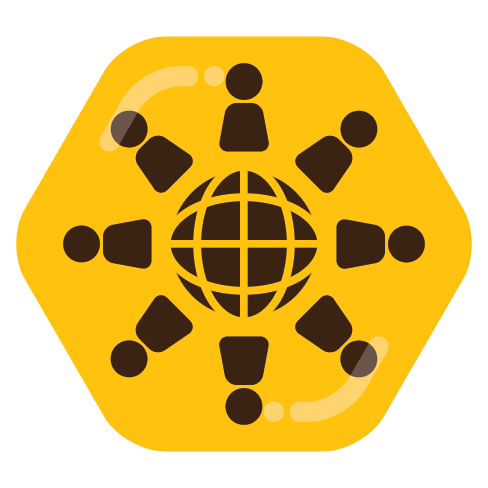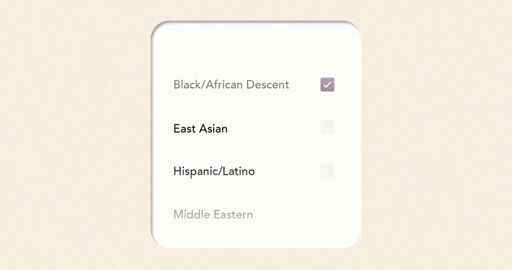Some key highlights (I would highly recommend reading the whole article, though):
Recently I saw a TikTok from a Black woman who said that when she changed her race to “White” on Hinge, she was presented with better men. I immediately gave it a try and was shocked to find that in addition to the guys I usually saw, there were men who were more handsome and better educated and who had better jobs than those who usually showed up in my search results.
Some of the men I was able to swipe through had previously only been available in the “Standouts” section, which Hinge describes as “outstanding content from people most your type.”
Now I’m left wondering if this new crop of men popped up because the app’s algorithm codes white women as more desirable, and thus presents them with the “best” options, or if these men are just searching for white women. Neither would surprise me. It’s well known that Black women have dismal experiences on dating apps: User data collected by OkCupid in 2009 and 2014 showed that men rated Black women less attractive than women of other races. Meanwhile, college-educated Black women are 53 percent less likely to marry a well-educated man than white women are.
In the past, Ashleigh has found that she doesn’t match with very many people on Hinge compared to Tinder, where she’s more successful. When she does match with cis men, she finds they frequently introduce themselves with sexually charged comments, often commenting on her body type. Since changing her race to white, she says that generally hasn’t been the case. “They’re actually asking questions; they’re trying to get conversations started and flirt with me,” she says.
Does she think she’s simply seeing men who are looking to match with white women, or is the algorithm positioning her as more desirable? She says the truth is probably somewhere in the middle — after all, these apps are designed to keep us on there, spending money.
After changing her race, Alanna also found that she was presented with different Black men than she’d seen before: “Way more employed, and guys who actually took the time to answer the prompts. More real photos of them versus the memes I usually see.” She also got more likes from men, going from an average of one to three per week to four to five each day.
I’d hate to think the algorithm favors white women, but I think I’d be more disappointed to find out that I just stumbled across a bunch of Black guys who are looking for white girls. No matter what the truth is here, it’s ugly and speaks to the challenges Black women have when trying to date online, which are admittedly easier to bear than the ones that come with trying to date offline, at least in my city.



it’s a bit cathartic for me to read that straight people of color have very similar experience that gay people of color experience on the apps since it took me decades to learn how to put those feelings into words.
i wonder if it’s also the same for them in public spaces were dating is an expectation or attractiveness was a primary expectation. i would expect the former to be closer to the same with the latter being wildly different.